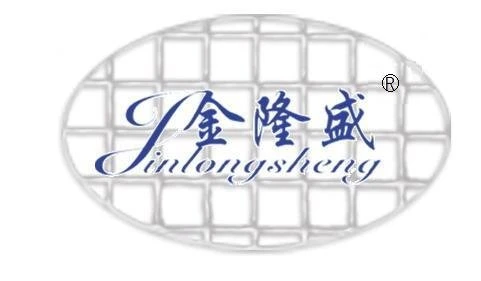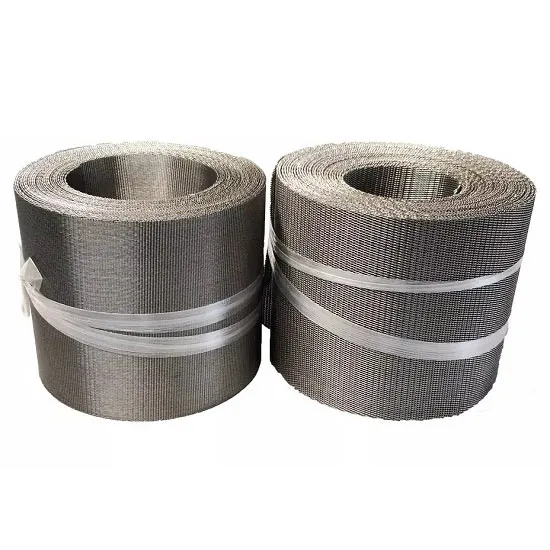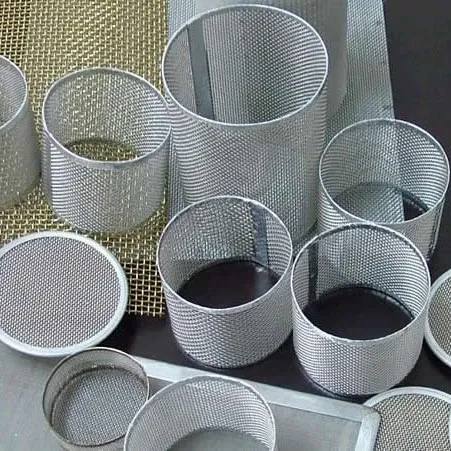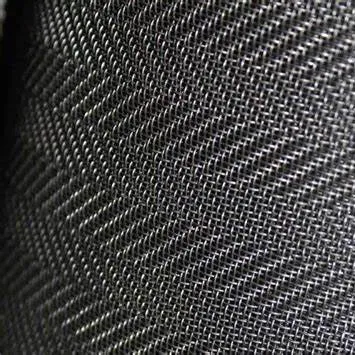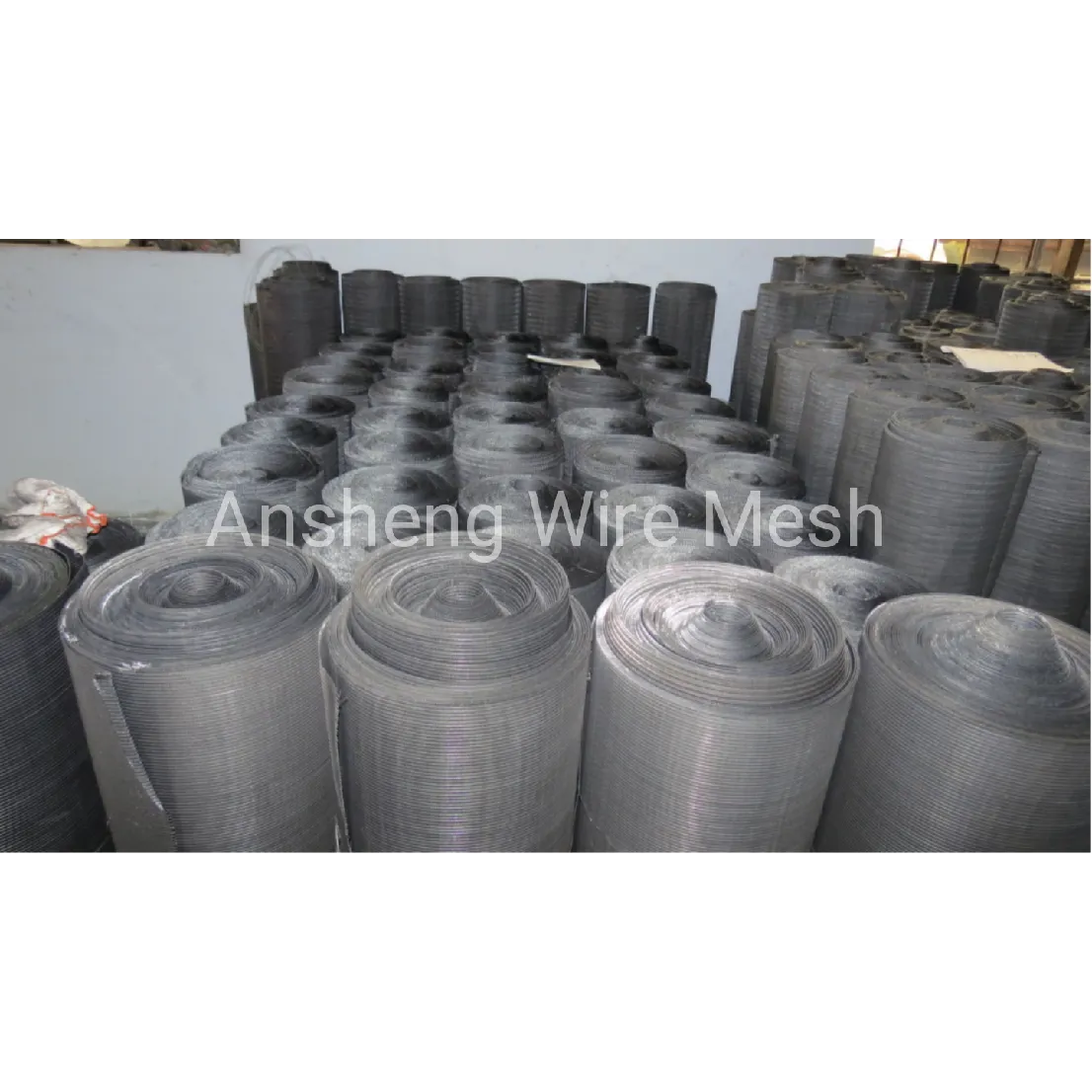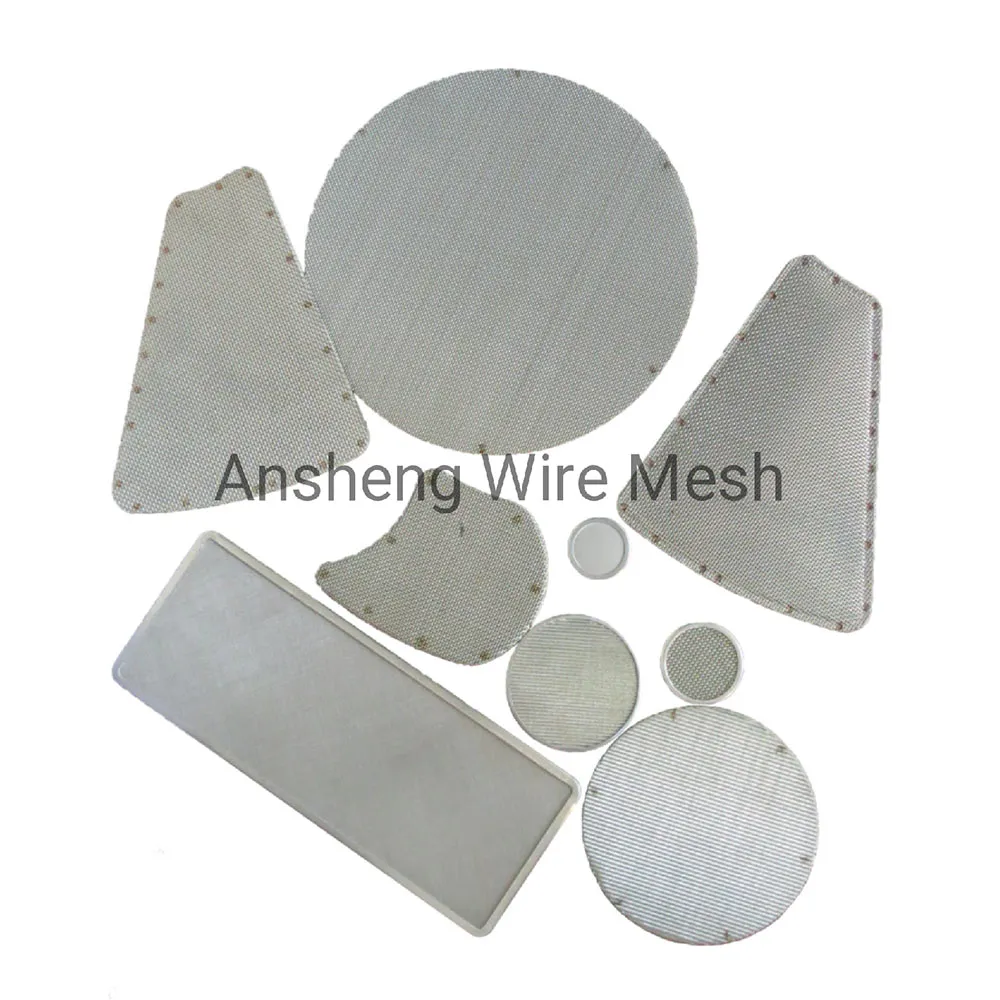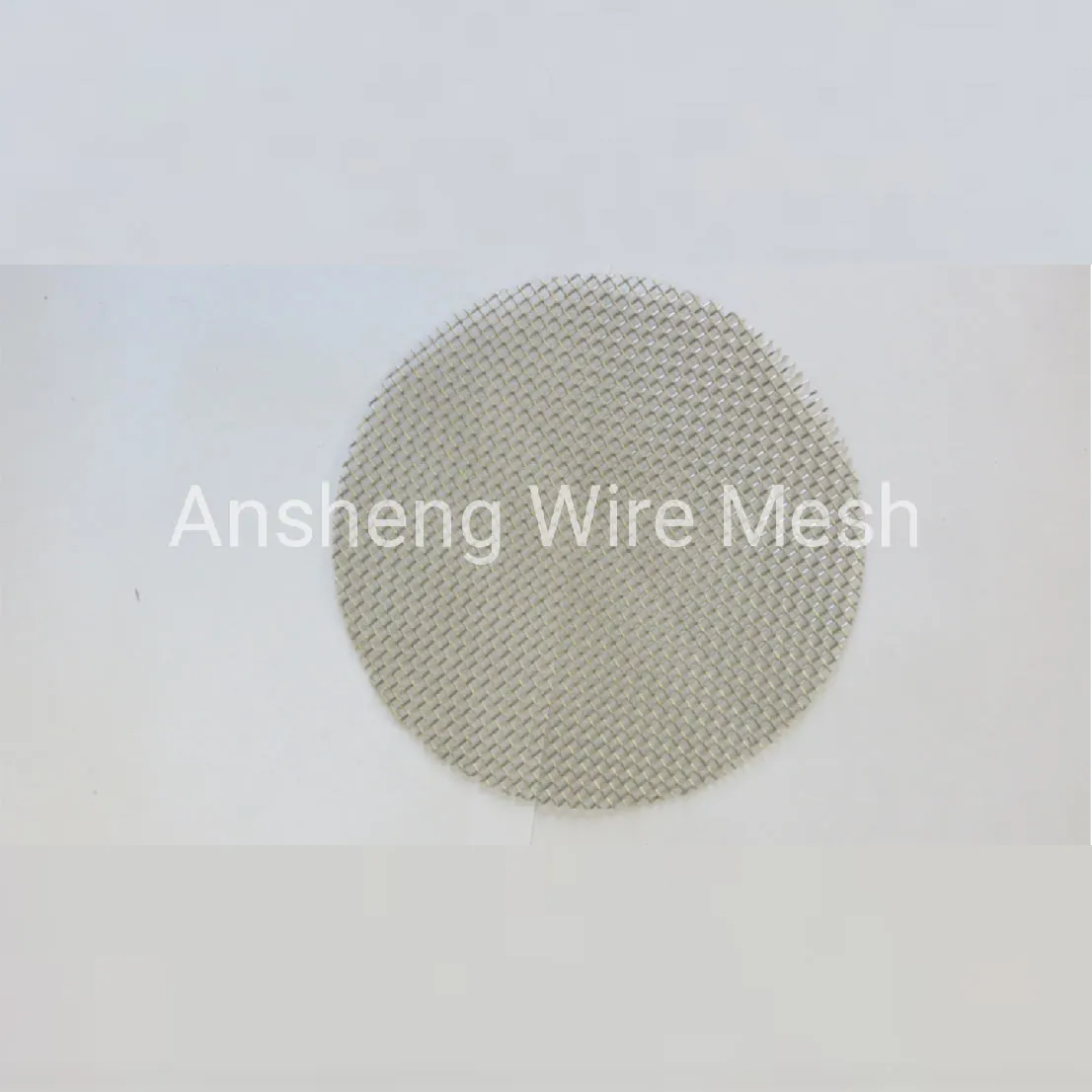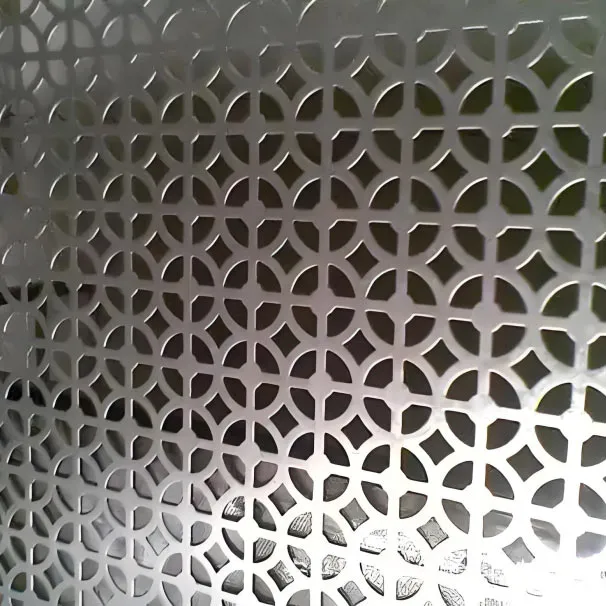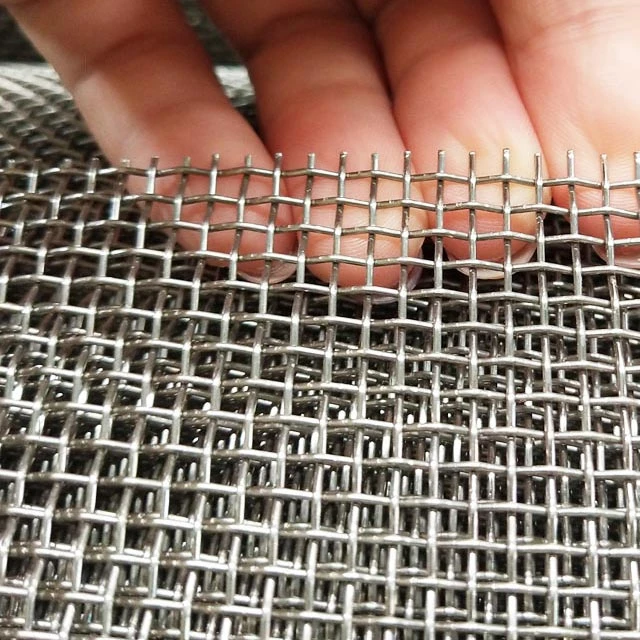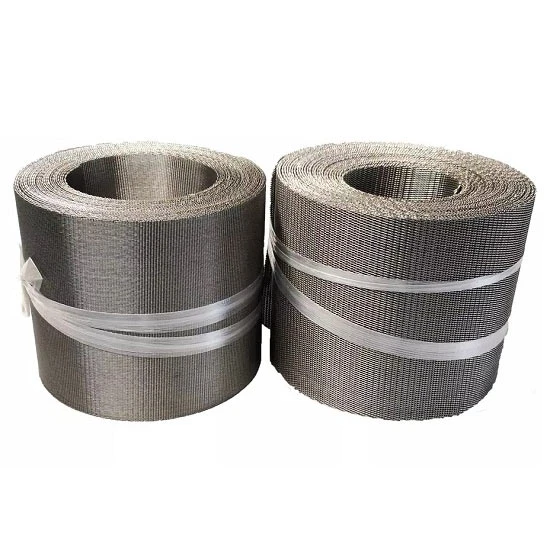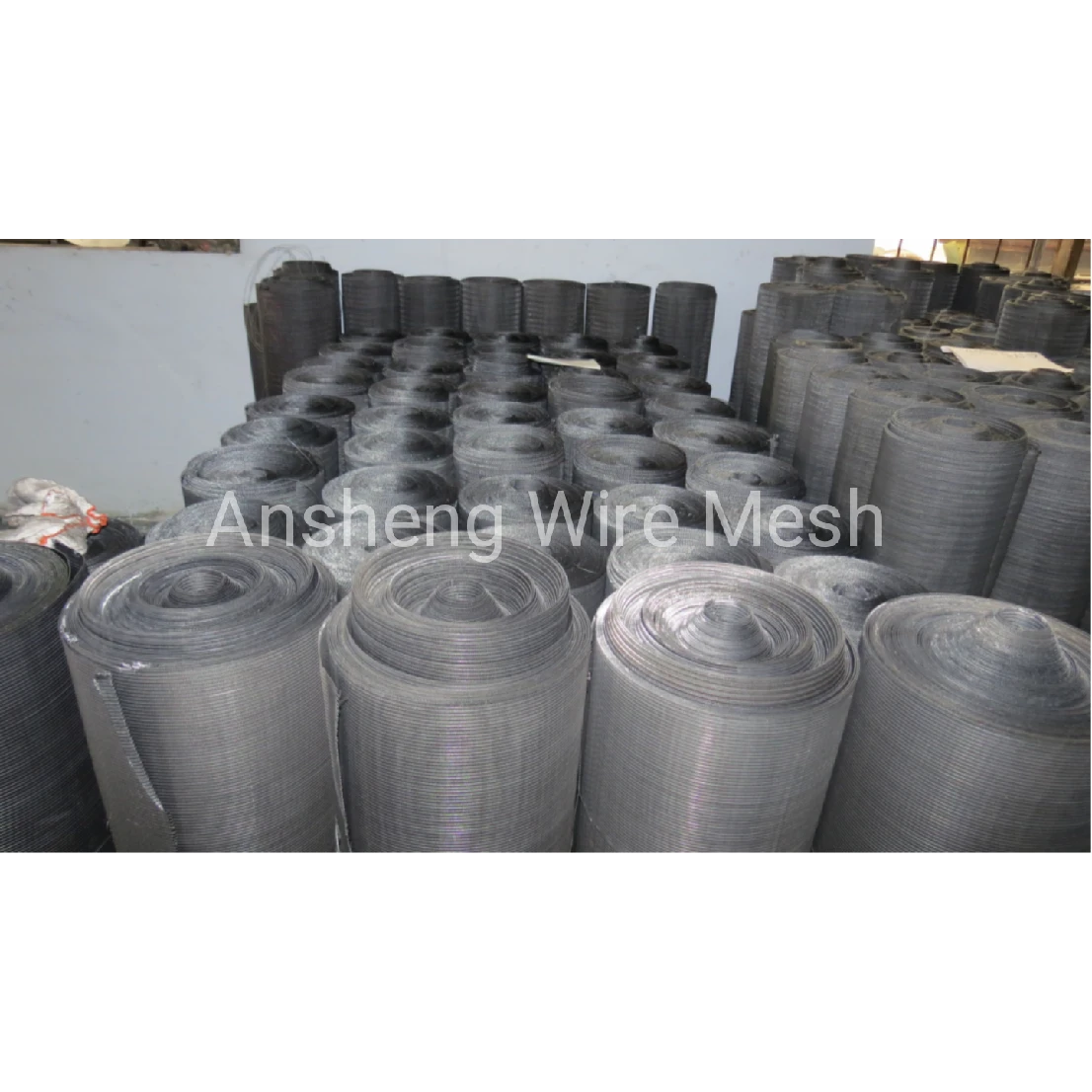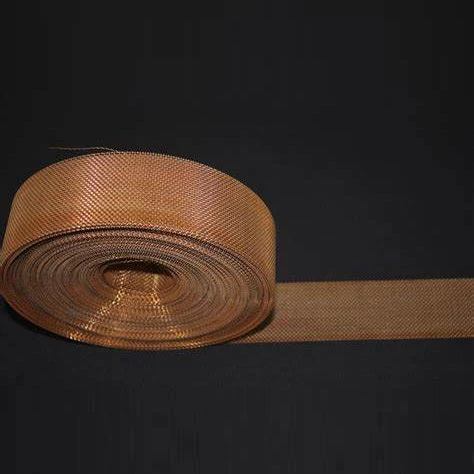Why Heavy Duty Metal Screen Mesh Still Reigns in Industrial Settings
Working in the industrial equipment sector for over a decade, I’ve seen my fair share of filtration and screening materials. But there’s a quiet confidence the heavy duty metal screen mesh brings that just can’t be replicated by plastic or composite alternatives. It’s like the reliable old truck on the lot — unassuming, yet it outperforms at the toughest jobs.
If you’ve ever dealt with heavy ore sorting, bulk material handling, or chemical processing, chances are you’ve run into the need for something tough, corrosion-resistant, and not afraid of relentless wear. That’s where the metal mesh shines, literally and figuratively. What impresses me the most is the balance manufacturers strike between rigidity and flexibility without compromising on longevity.
Material Quality and Design Choices Matter
One of the first things to get right is always the metal type. Stainless steel alloys, carbon steel, and sometimes even specialized nickel alloys come into play depending on the corrosion and temperature needs. I remember a project years ago where a customer switched from standard stainless steel to a duplex grade mesh. The difference in lifespan was startling — roughly twice as long in a saltwater environment.
The weave and aperture size are the quiet heroes here, too. You’ll find plain weave, twill weave, and even specialized crimped wire options. Each variation influences flow rate, particle retention, and cleaning ease. By the way, most engineers I talk to recommend testing prototypes extensively because even a slight change in aperture can cause a bottleneck—or a costly failure. Oddly enough, these subtle details can make or break operational efficiency.
How Heavy Duty Metal Screen Mesh Supports Conveyor and Filtration Systems
You won’t stumble upon many conveyors without a trusty metal mesh in their screening assemblies. Heat, abrasion, and constant vibration slowly take their toll, so these meshes must be up to the challenge. Plus, with increased automation in plants worldwide, demands on screening speed and accuracy grow steadily.
One exciting trend I noticed was the rise of customized mesh panels with reinforced edges and integration into modular screen decks. These help reduce downtime during maintenance—arguably one of the biggest hidden costs in operations. I’ve seen companies save weeks over the course of a year just by adopting slightly more sophisticated mesh setups.
| Specification |
Typical Range |
Notes |
| Material |
Stainless steel 304, 316, Carbon steel |
Corrosion resistance varies |
| Wire Diameter |
0.3 – 5 mm |
Thicker wire for heavy loads |
| Aperture Size |
0.5 – 50 mm |
Customizable for precise screening |
| Mesh Weave |
Plain, twill, crimped |
Affects strength and flow |
| Max Temperature |
Up to 700°C (depending on alloy) |
Important for high-temp processes |
Choosing the Right Supplier: What I’ve Learned Over the Years
You can find dozens of vendors, but trust me, not all meshes are created equal. Sure, some advertise tough steel or “premium” grades, but testing often tells the real story. I usually look for clear product specs, quality assurance processes, and manufacturer willingness to tailor designs.
Here’s a quick look at some typical vendor traits I’ve encountered:
| Vendor |
Custom Options |
Lead Time |
Quality Certifications |
Price Range |
| Ansheng Filter Screen |
High (mesh size, wire diameter, frame) |
2-4 weeks |
ISO 9001, SGS |
Medium |
| Vendor B |
Medium |
4-6 weeks |
ISO 9001 |
Low |
| Vendor C |
Low |
6-8 weeks |
None |
High |
Final Thoughts on Heavy Duty Metal Screen Mesh
Honestly, the best projects are the ones where the right mesh isn’t just an off-the-shelf item, but a solution crafted for the site’s unique demands. I’ve been on sites where swapping in a custom mesh changed downtime and throughput by noticeable margins.
The industry is far from static — new materials, coatings, and weaving tech appear all the time. Still, a solid metal screen mesh remains a cornerstone for many operations. If you want the no-nonsense option built for the long haul, well, that’s what heavy duty mesh delivers. For those interested, you might want to check out
Ansheng Filter Screen, a name I’ve noticed popping up in reliable industrial circles recently.
Sometimes it feels like when you get the mesh right, the rest just falls into place…
References & Personal Notes
- Field experience with material screening projects, 2011–2023.
- Discussions with filtration engineers on mesh wear and maintenance.
- Product literature and test reports from leading mesh manufacturers.
